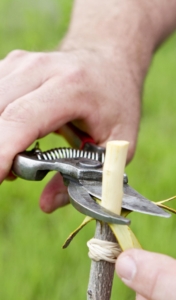 RESCHEDULED to MARCH 25 9:00am-3:00pm
RESCHEDULED to MARCH 25 9:00am-3:00pm
This workshop looks at different techniques to help you grow the plants you always wanted without having to buy them! We will learn about hardwood and softwood cuttings, layering, air layering, division, grafting, as well as looking at different seeding techniques to ensure germination. Morning at South Hall, afternoon at Community Greenhouse. Car-pooling will be organized. Please bring a bagged lunch. Sliding scale $25-$35. Registration is required – just email galianofoodprograms@gmail.com
More details below:
Perhaps you have seen the videos on Facebook teaching you how to “magically regrow” vegetables from your table scraps, such as celery or onions from discarded ends. While that is definitely one use for propagation techniques, there are other benefits too, such as growing plants that are hard to find in a nursery (but spotted in your neighbour’s plot), growing cuttings to give away as gifts, or saving the cost of buying seeds or nursery starts when you’re expanding your garden.
Plant propagation is “the process of creating new plants from a variety of sources: seeds, cuttings, bulbs and other plant parts.” (Thanks Wikipedia.) It’s surprisingly simple, as well as sustainable and cheap. And it reduces your dependence on multinational seed producers, while building community too.
We are very happy to host Manon Tremblay for a Propagation workshop in March. This workshop looks at different techniques to help you grow the plants you always wanted without having to buy them! We will learn about hardwood and softwood cuttings, layering, air layering, division, grafting, as well as looking at different seeding techniques to ensure germination.
Last year we were hosted Manon for a pruning workshop that was very well-received. Here’s just some of the enthusiastic feedback we got: “One of the best workshops I have attended” … “Manon was full of information, I would sign up for any workshop that she was leading. She was fantastic with questions, explained things really well, was completely approachable” … “Yes, I had attended other pruning workshops in the past, but Manon was so knowledgeable and presented her material so clearly, that I walked out feeling much more confident, and really understanding the rationale behind the pruning. I am grateful that you brought in such an outstanding teacher.”
Manon is a Horticulturist and Environmental Educator passionate about edible plants and organic gardening. She has been working as a Landscaper and Landscape Designer for the past 15 years and loves to share her experience and interests with enthusiastic gardeners.
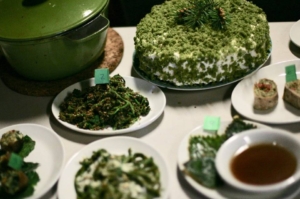 Chefs, cooks and foragers: It’s time to put your “pedal to the nettle” in this year’s competition. Sunday, April 2nd as part of the 10th Annual Nettlefest Community Potluck Celebration at the South Galiano Community Hall. Come “test your nettle” by entering your best nettle dish against fierce island competition. And the sting: all dishes must be in by 5:30pm.
Chefs, cooks and foragers: It’s time to put your “pedal to the nettle” in this year’s competition. Sunday, April 2nd as part of the 10th Annual Nettlefest Community Potluck Celebration at the South Galiano Community Hall. Come “test your nettle” by entering your best nettle dish against fierce island competition. And the sting: all dishes must be in by 5:30pm.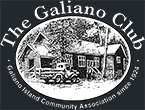
 RESCHEDULED to MARCH 25 9:00am-3:00pm
RESCHEDULED to MARCH 25 9:00am-3:00pm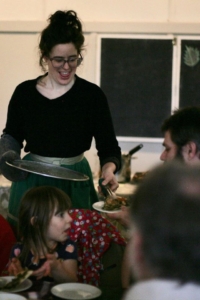 As I write this article we are just emerging from an unusually snowy winter, and it’s hard to believe that spring is just around the corner. But it’s coming. One of the first signs of spring, and maybe Galiano’s favourite, is bright green nettle shoots poking out of the ground. The new leaves are full of calcium, protein, and iron. Perfect to recharge us after our cold winter and get us healthy and ready for spring.
As I write this article we are just emerging from an unusually snowy winter, and it’s hard to believe that spring is just around the corner. But it’s coming. One of the first signs of spring, and maybe Galiano’s favourite, is bright green nettle shoots poking out of the ground. The new leaves are full of calcium, protein, and iron. Perfect to recharge us after our cold winter and get us healthy and ready for spring.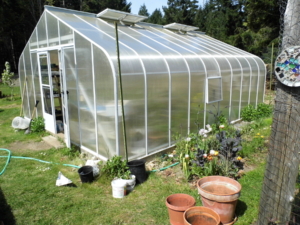 Greenhouse Group: Tuesdays at 12 noon.
Greenhouse Group: Tuesdays at 12 noon.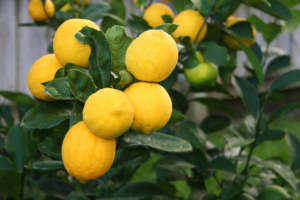 Saturday, January 21 1:00-3:00 at the South Hall. Please RSVP to register. $15-$25 sliding scale.
Saturday, January 21 1:00-3:00 at the South Hall. Please RSVP to register. $15-$25 sliding scale.